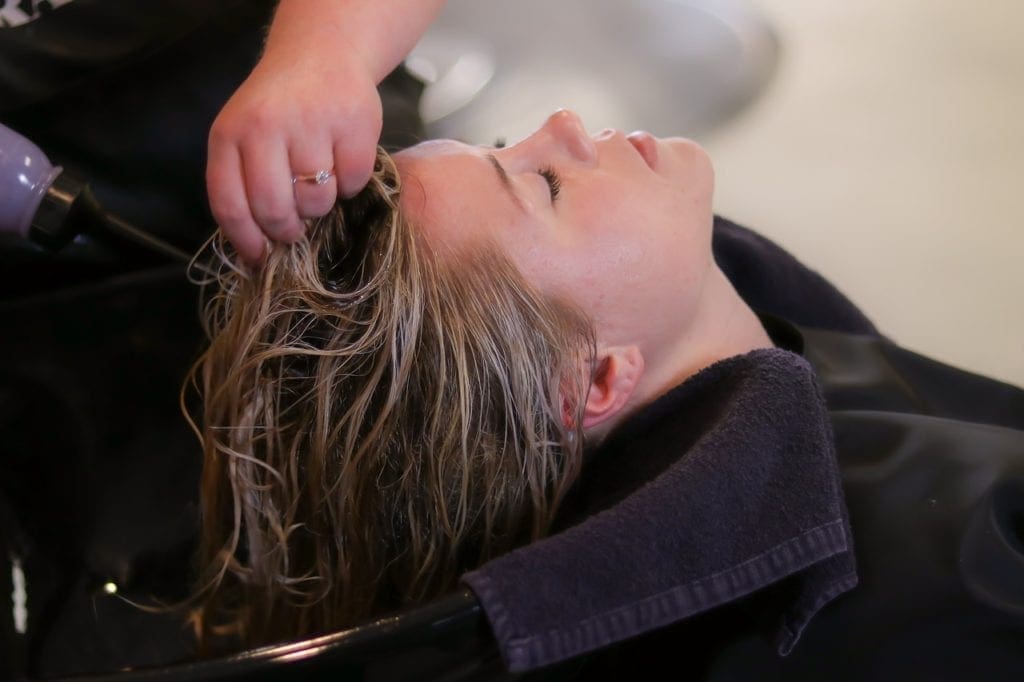California, like many other states, requires a license to shampoo hair. No, your eyes are not deceiving you: shampooing hair is only legal in the Golden State if the service provider has a license.
The same goes for anyone who wants to arrange, dress, or even curl hair for a living, even if these service providers are not doing any work with a pair of scissors.

This requirement makes it difficult for low-income workers to meet the state’s standards. After all, who has $19,000 lying around to go through barbering and cosmetology school to get a license to shampoo hair? So if you are capable and willing to visit elderly or disabled people to wash and style their hair for a price but you do not have a license, you are effectively breaking the law in California.
With people suffering because of this arbitrary requirement in mind, Sen. Mike Morrell (R-Rancho Cucamonga) introduced a piece of legislation that would have brought this requirement to an end. Unfortunately, the California Assembly killed the bill.
What were Assemblymen so worried about? Special interests losing their revenue, maybe?
In a public hearing regarding the bill, Reason reports, the room was filled with students from local cosmetology schools. These institutions stand to lose big time if the rules change, but not only them. The state’s own Department of Consumer Affairs estimates that passing a bill putting an end to an arbitrary licensing rule would restrict or limit their fee-related revenue.
Imagine that!
With the cosmetology industry potentially dominating the California regulatory body, it’s hard to imagine that, perhaps, the idea of striking the licensing requirements for shampooing hair could be a possibility in the future. But according to Evan Low (D-San Jose), one of the legislators who blocked the bill and the Assembly Business and Professions Committee chairman, the requirement could be handled at the Sunset Review hearings.
Can California Ever End Licensing Requirements For Shampooing Hair?
Every year, the state’s Assembly and Senate business and professions committees hold hearings to “discuss the performance of the boards and make recommendations for improvements.” Ideally, these hearings serve as a means to “sunset” rules that should long be gone. But in reality, they seldom lead to any actual regulatory trimming. And as such, it’s not hard to see that this particular licensing requirement may end up not going anywhere. Especially because the industry itself is unlikely to support the end to the rule.
In the end, low-income Californians just trying to make ends meet will continue to suffer, as they will remain unable to pay the thousands of dollars needed to get a cosmetology license in the state.

























